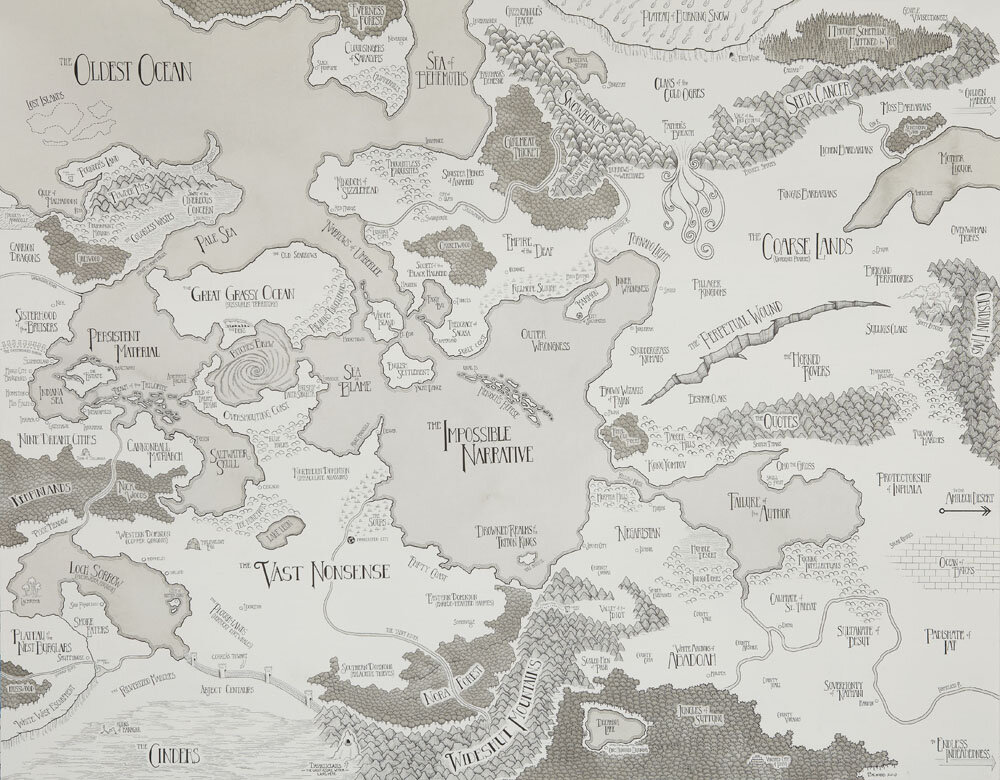resources.
Here’s a selection of some of our resources that we’ve created over the years. There’s a load more on our previous sites if you want to delve deeper.

Inspiration vs influence: is there a difference?
A collaborative article by Becky Bye & Jennifer Newbury
A creepy house sparks a flame of inspiration in Becky Bye, and she begins to write a story. Part way in, Becky realises she’s been influenced by a novel she read recently. This poses the question: is there a difference between inspiration and influence?

NaNoWriMo - a personal appreciation
by James Broomfield
It’s mid-October and that means I’ve started to think about NaNoWriMo 2020.

Has your writing ever upset someone important to you?
by Stephen Pellow
Have you ever produced something that has had a negative effect on someone you know, or your relationship with them?

Video game writing
Interactive storytelling or grand world building design?
by Stephen Pellow
“…writing in video games is beyond simply the narrative, the lines of dialogue and scripted cut scenes. Video game writing is at it’s best when you don’t notice it. It’s the experience of the story, a believable and immersive world built and presented that makes sense…”

The (Vast) Difference Between a Critique and an Edit
By Jennifer K Oliver
Usually, when a writer has finished a story or taken a story as far as they can, they send them out to critique groups or beta readers for feedback. As the author, it’s difficult disconnecting from a story’s headspace, and that makes it tricky to judge if everything is working. This is where critique groups and betas are invaluable: the fresh eye, the new perspective, the telling reactions. These all help author see where a story might still need work.

Planning For A Writing Life
By Jennifer K Oliver
There are loads of reasons to be a regular writer. Writing regularly makes you a stronger writer. Writing regularly makes you a more focused writer. It helps with memory and recall, and with spelling, grammar and punctuation. It can be rewarding. It provides structure. It's brain exercise, and that can only be a good thing.
There are things you can do to ease you into a writing life. And if you plan to have a writing career, you really can't afford not to write regularly.

(Other People's) Thoughts on Story Structure
By James Broomfield
James discusses Dan Harmon’s notes on story structure: it’s not necessarily what makes a good story, more what our brains recognise as being a story on a very basic psychological level.

Geofiction (fictional maps)
Have you ever looked at a map and wondered what stories might have happened there? Map making is a great way to start getting into a story. Back in 2012 we ran two geofiction competitions, and got some amazing entries from around the world from writers, cartographers and artists.